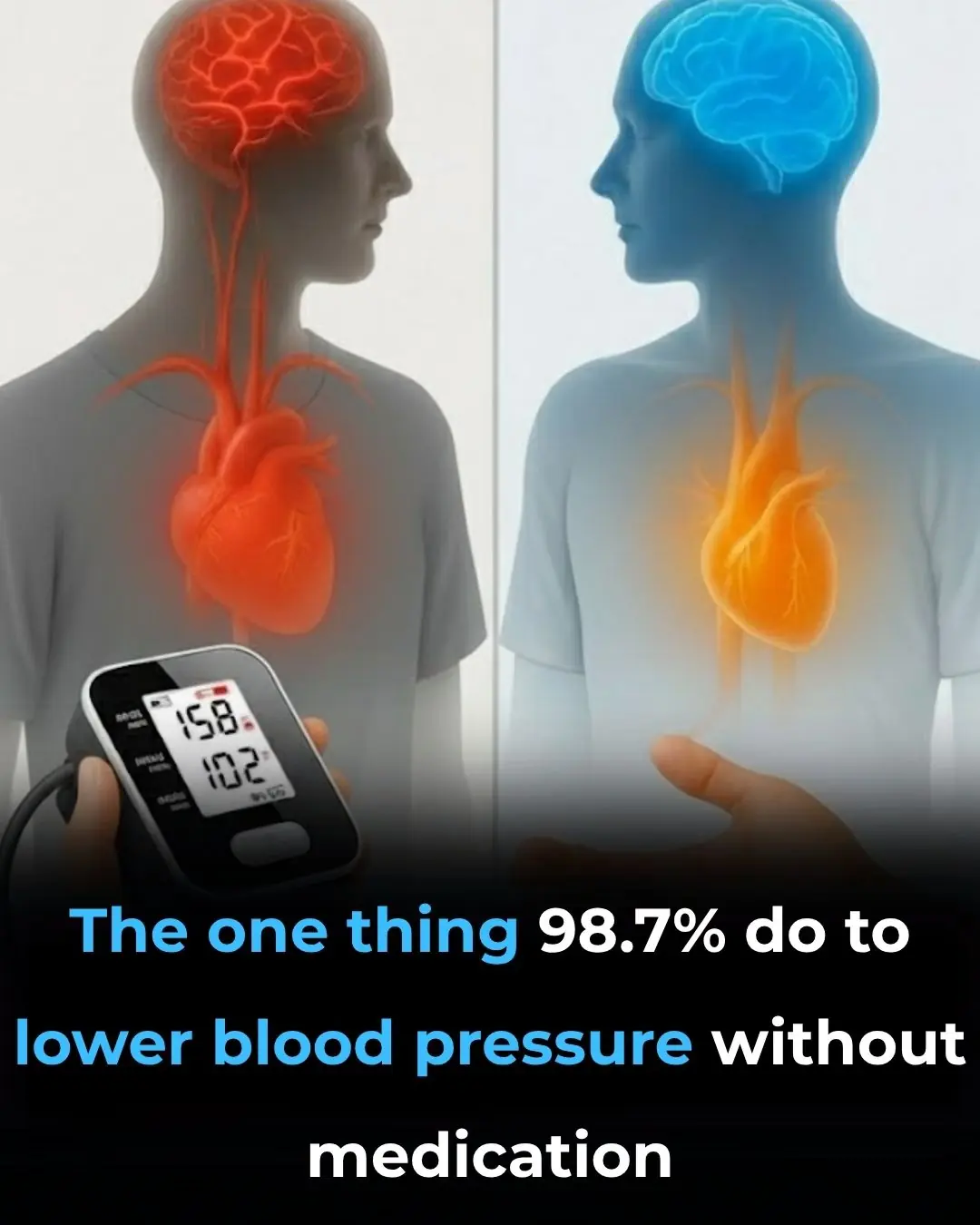
Why Hot Dogs and Processed Meat Might Be the Most Dangerous Foods of All Time
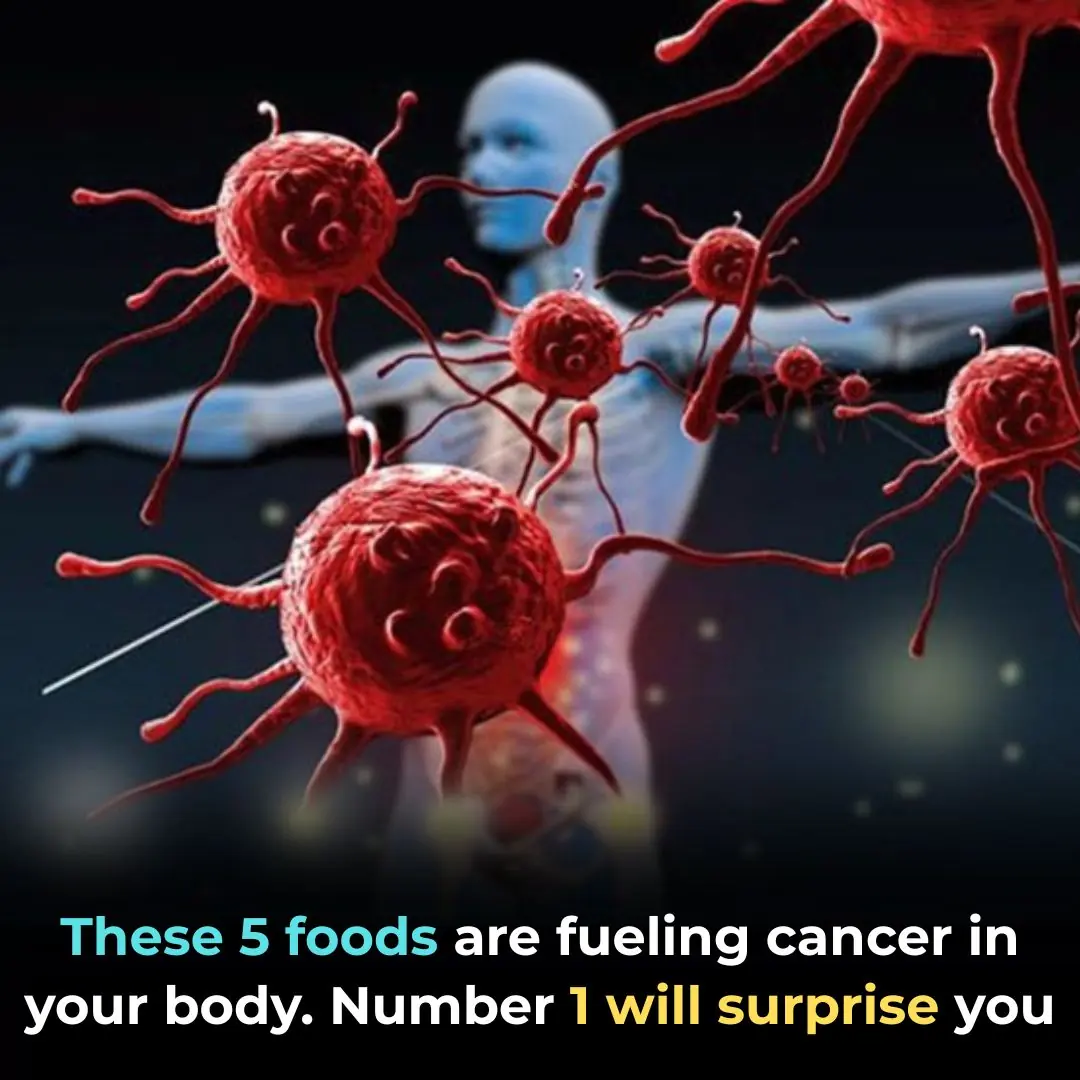
The word “cancer” frightens almost everyone. Most of us know someone — a family member, a colleague, or a friend — who has battled this disease. According to the American Cancer Society, over one million people in the United States are diagnosed with cancer each year. While cancer is a complex condition with many possible causes, growing evidence suggests that certain foods and food additives may contribute to increased risk.
Highly processed meats like hot dogs, bacon, and sausages have long been under scrutiny. In fact, the World Health Organization (WHO) classified processed meat as a Group 1 carcinogen, placing it in the same risk category as tobacco based on the strength of the scientific evidence. This does not mean hot dogs are as dangerous as cigarettes — but it does mean the link to cancer is firmly established.
Cancer can result from a combination of factors including genetics, lifestyle choices, environmental exposures, and diet. Understanding how certain foods affect the body can help you make informed decisions for long-term health.
Below is a detailed look at foods and additives that may increase cancer risk — and why limiting them may be beneficial.
1. Red Meat, Processed Meat, and Charred Foods
Scientific studies consistently show that high consumption of red meat and processed meat increases the risk of colorectal and stomach cancers.
What counts as red and processed meat?
-
Red meat: beef, lamb, pork, veal (fresh, minced, or frozen)
-
Processed meat: bacon, ham, salami, sausages, corned beef, tinned meats, pâté, and black pudding
Processed meats often contain:
-
Sodium nitrite / sodium nitrate
-
Monosodium glutamate (MSG)
-
Mechanically separated meat (MSM)
-
High levels of salt, smoke, and preservatives
Nitrites can convert into nitrosamines, compounds linked to cancer in animal studies and strongly associated with human colorectal cancer.
The role of cooking
Well-done, charred, and grilled meats produce:
-
Heterocyclic amines (HCAs)
-
Polycyclic aromatic hydrocarbons (PAHs)
Both substances can damage DNA and increase cancer risk. Cooking meat at lower temperatures and avoiding burnt edges may help reduce exposure.
Why Hot Dogs Are Especially Concerning
Hot dogs are deeply ingrained in American food culture — over 7 billion are eaten during summer alone. But behind their popularity lies a troubling amount of additives and low-quality meat scraps.
How hot dogs are made
Traditional hot dogs contain:
-
Meat trimmings from pork, beef, and chicken
-
Skin, fat, organs, and leftover tissue
-
Additives such as salt, corn syrup, MSG, nitrates, and flavor enhancers
Some flavorings — including carmine (a dye made from crushed beetles) — are not fully disclosed on labels due to USDA regulations.
Cancer risk
-
The American Institute for Cancer Research (AICR) reports that eating one hot dog per day increases colorectal cancer risk by 21%.
-
A study from the University of Hawaii found that processed meats increase the risk of pancreatic cancer by 67%.
Even “organic” or “natural” hot dogs often contain nitrites that can form cancer-causing nitrosamines.
2. Food Additives That Raise Concerns
The modern food industry uses hundreds of additives — artificial colors, flavor enhancers, preservatives, sweeteners, and more.
Potential cancer-promoting additives include:
-
Artificial colors: toxic in high amounts in animal studies
-
Excess salt: linked to stomach cancer
-
Nitrites and nitrates: found in cured meats
Countries like Japan, where pickled and salted foods are widely consumed, have traditionally had higher rates of stomach cancer. Studies also show that a high-salt diet increases stomach cancer risk by about 10%.
3. Sugar and Cancer: What the Science Really Says
There’s a popular belief that “sugar feeds cancer.” While all cells (including cancer cells) use glucose for energy, the consensus from organizations such as Mayo Clinic and the Canadian Cancer Society is:
-
Sugar itself does not directly make cancer grow faster.
-
Excess sugar can contribute to weight gain.
-
Obesity increases the risk of several cancers, including breast, colon, and uterine cancer.
Sugar hides in unexpected places like pasta sauce, salad dressings, and canned soups. Reducing added sugars is beneficial even if the sugar–cancer link is indirect.
4. French Fries, Potato Chips, and Other Fried Foods
Fried and baked snack foods can contain acrylamide, a chemical formed when starchy foods are cooked above 250°F (e.g., frying, roasting, baking).
Acrylamide has been shown to cause tumors in rodents, and while human evidence is mixed, many scientists believe long-term exposure poses potential risks.
Other harmful compounds formed during high-heat cooking include:
-
HCAs and PAHs (from burned foods)
-
Advanced Glycation End Products (AGEs), which promote inflammation and oxidative stress
Baked chips often contain even higher acrylamide levels than fried chips.
Trans fats
Trans fatty acids — found in many processed snacks and fried foods — increase inflammation and are associated with:
-
Heart disease
-
Type 2 diabetes
-
A possible higher risk of prostate cancer
5. Excessive Alcohol Consumption
Alcohol is a well-established carcinogen. The more a person drinks, the higher their risk of developing:
-
Breast cancer
-
Liver cancer
-
Mouth and throat cancer
-
Bowel cancer
Guidelines from the American Cancer Society recommend:
-
Men: up to 2 drinks/day
-
Women: up to 1 drink/day
Moderation is essential — even though some compounds in red wine, such as resveratrol, have antioxidant properties.
Final Thoughts: Making Healthier Choices
Cancer prevention is not about eliminating one food; it’s about a balanced lifestyle. Genetics, environment, exercise habits, and stress all play roles — but dietary patterns remain a major factor under our control.
To reduce cancer risk:
-
Limit processed and red meat
-
Avoid charred foods
-
Reduce sugar and fried foods
-
Choose whole, fresh foods
-
Drink alcohol in moderation
-
Read ingredient labels carefully
Being informed empowers you to make better decisions for your long-term health.
News in the same category

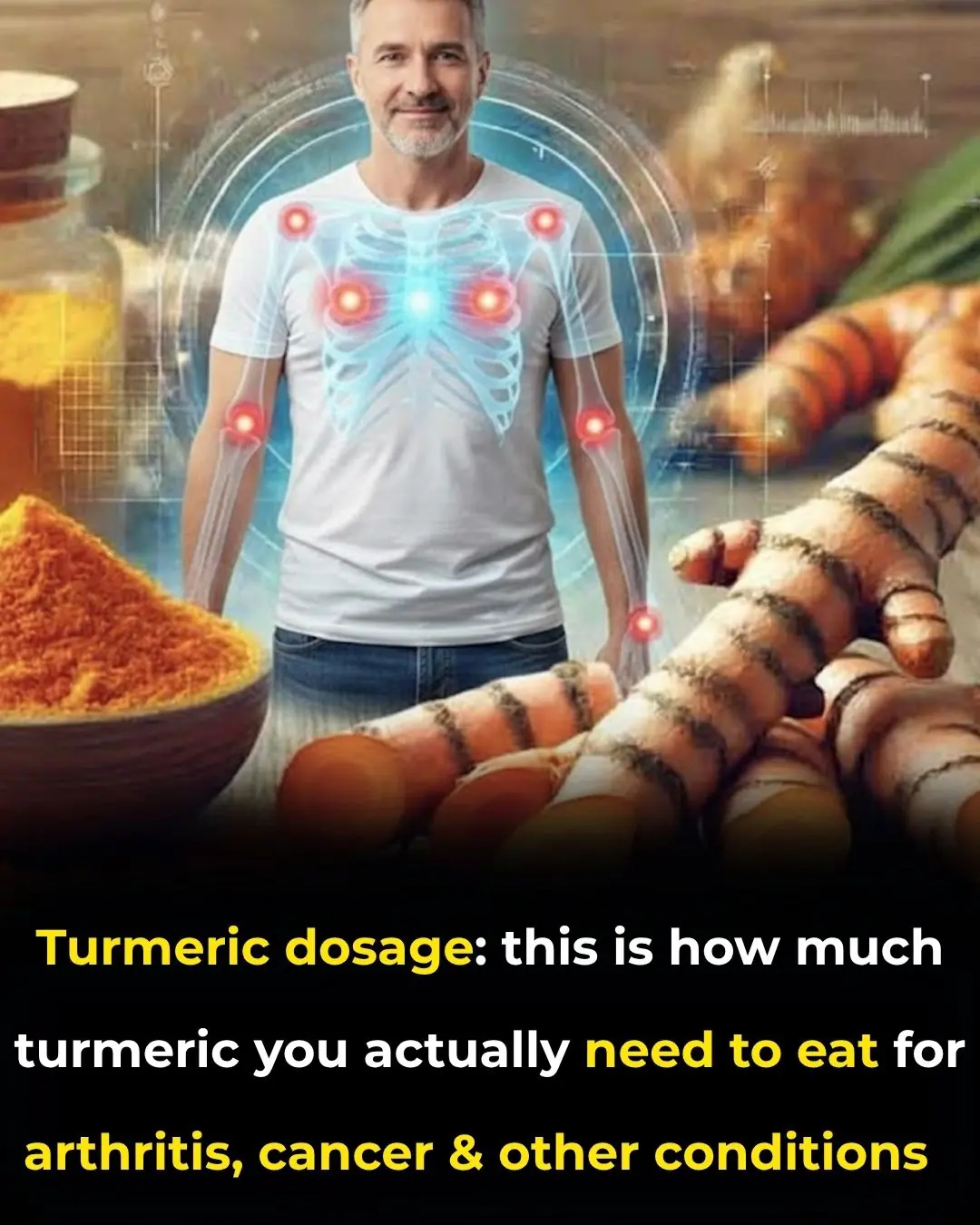
Turmeric dosage: this is how much turmeric you actually need to eat for arthritis, cancer and other diseases
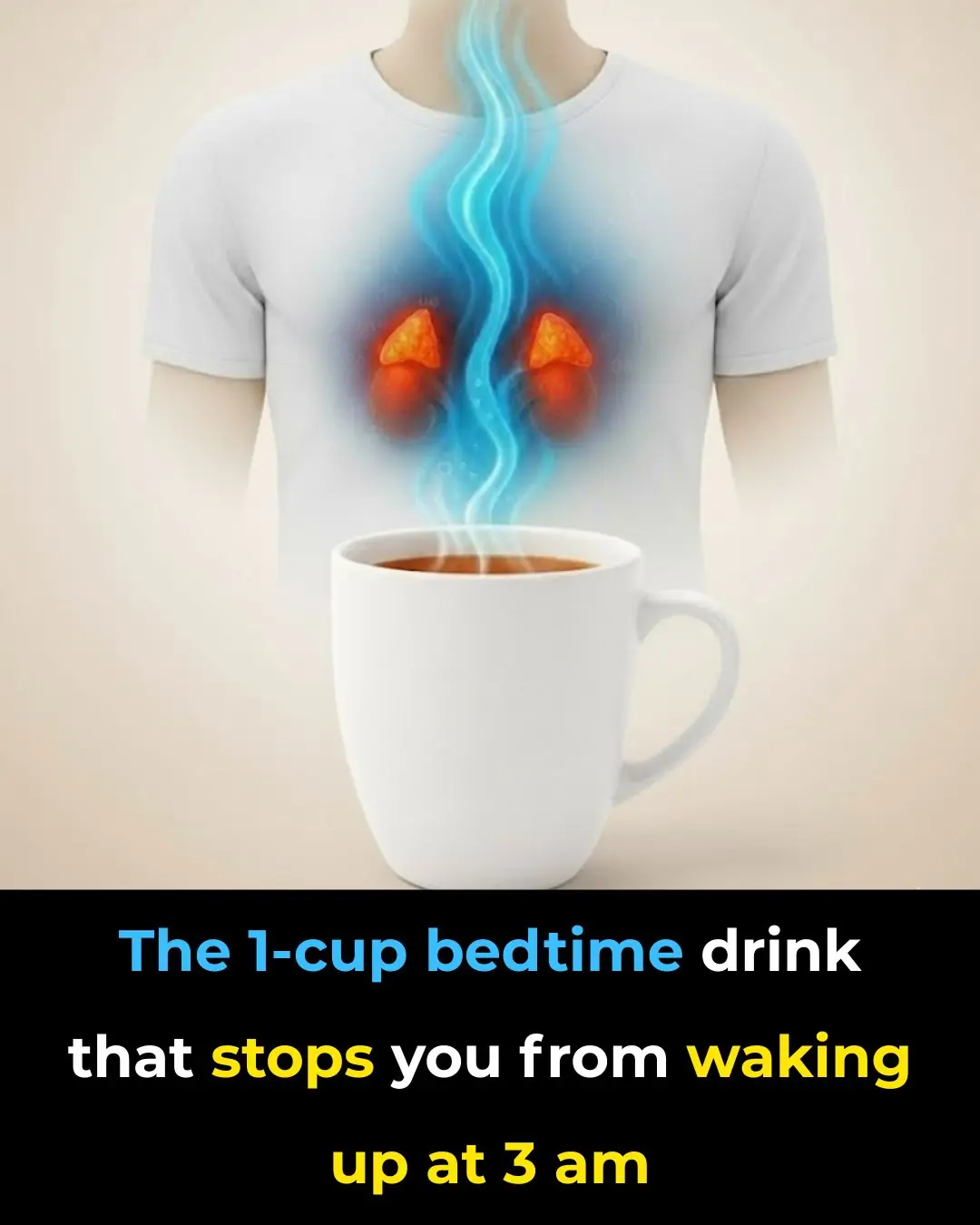
The 1-cup bedtime drink that stops you from waking up at 3 AM
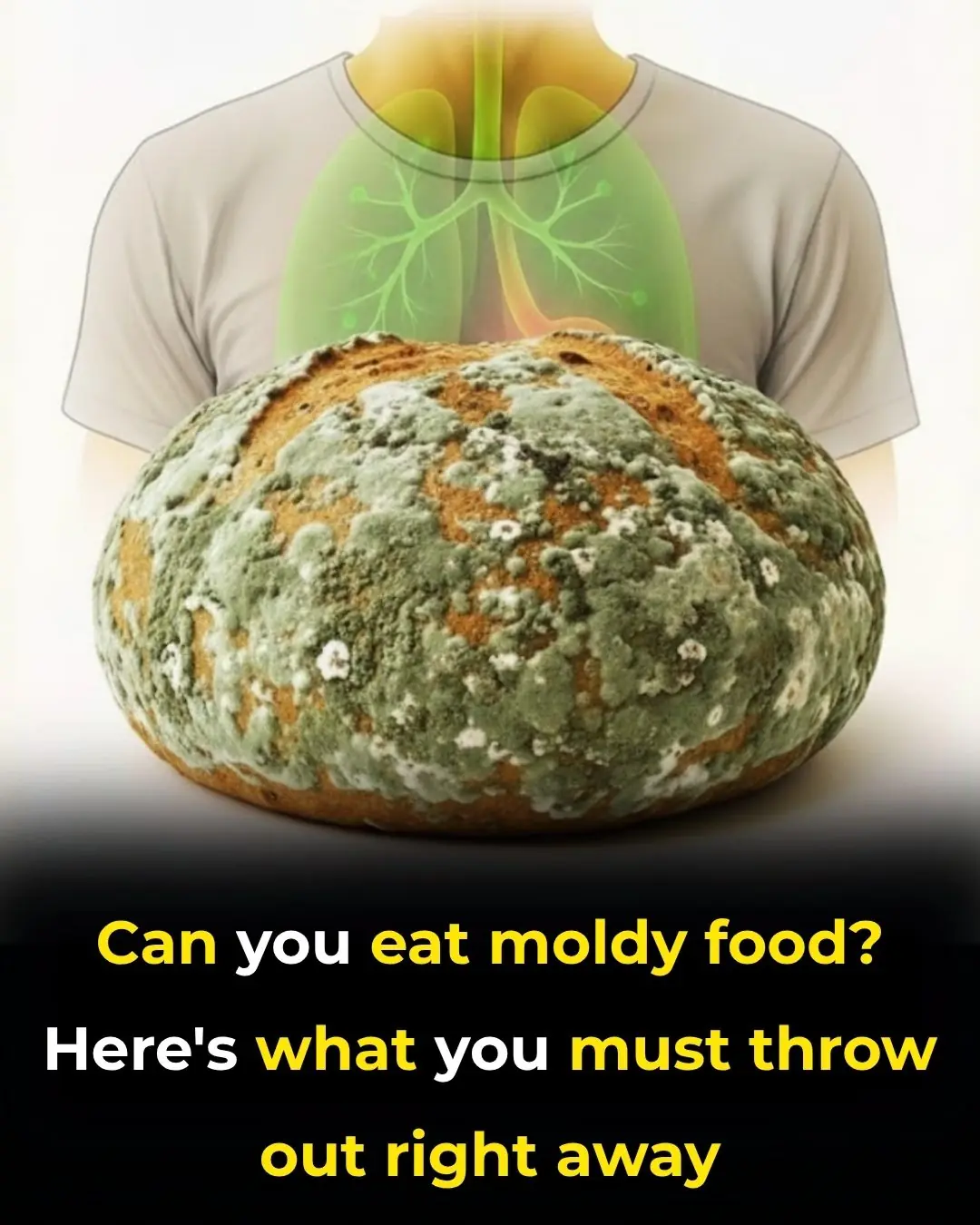
Can you eat moldy food? Here’s what you MUST throw out.
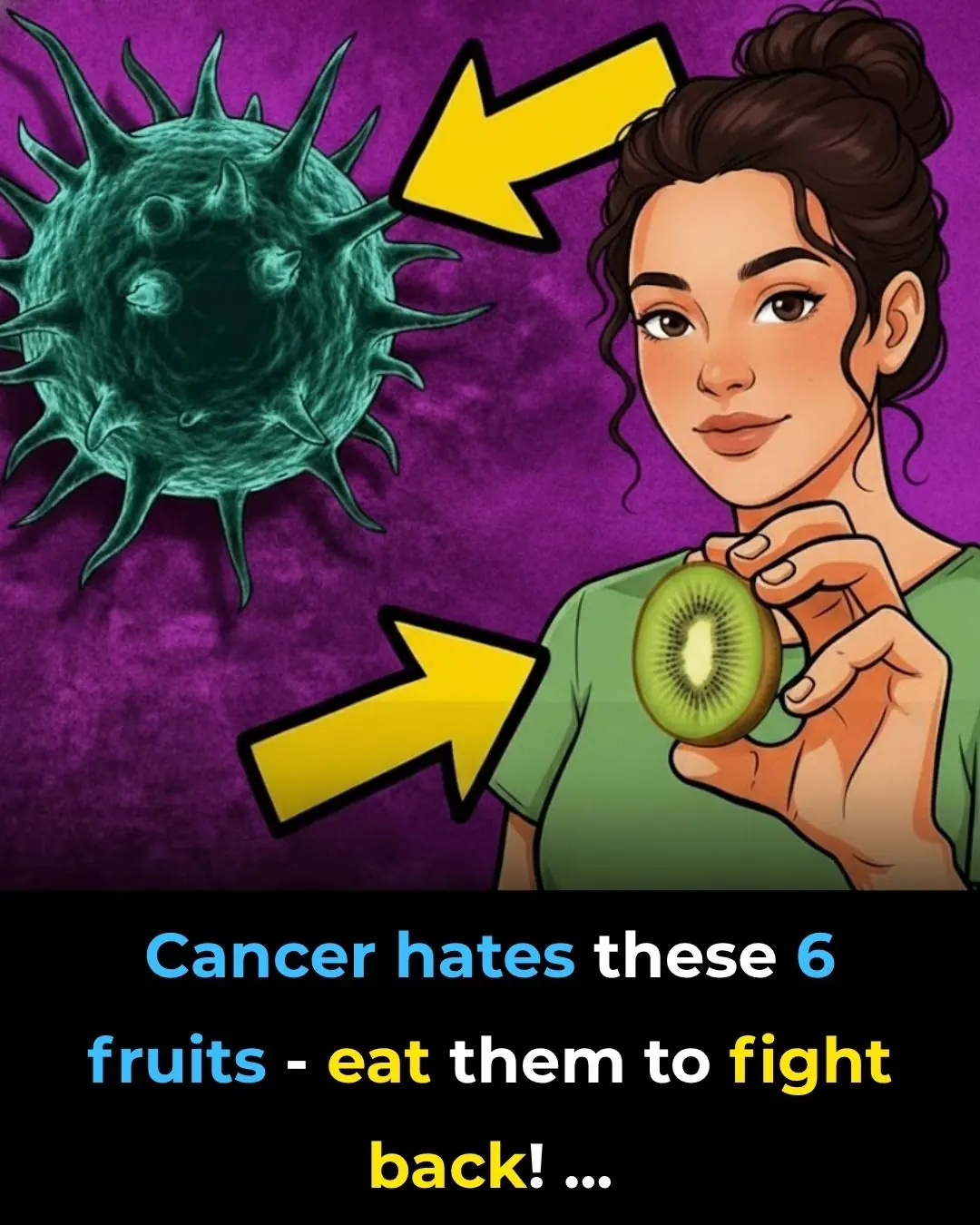
Cancer hates these 6 fruits—eat them to fight back!
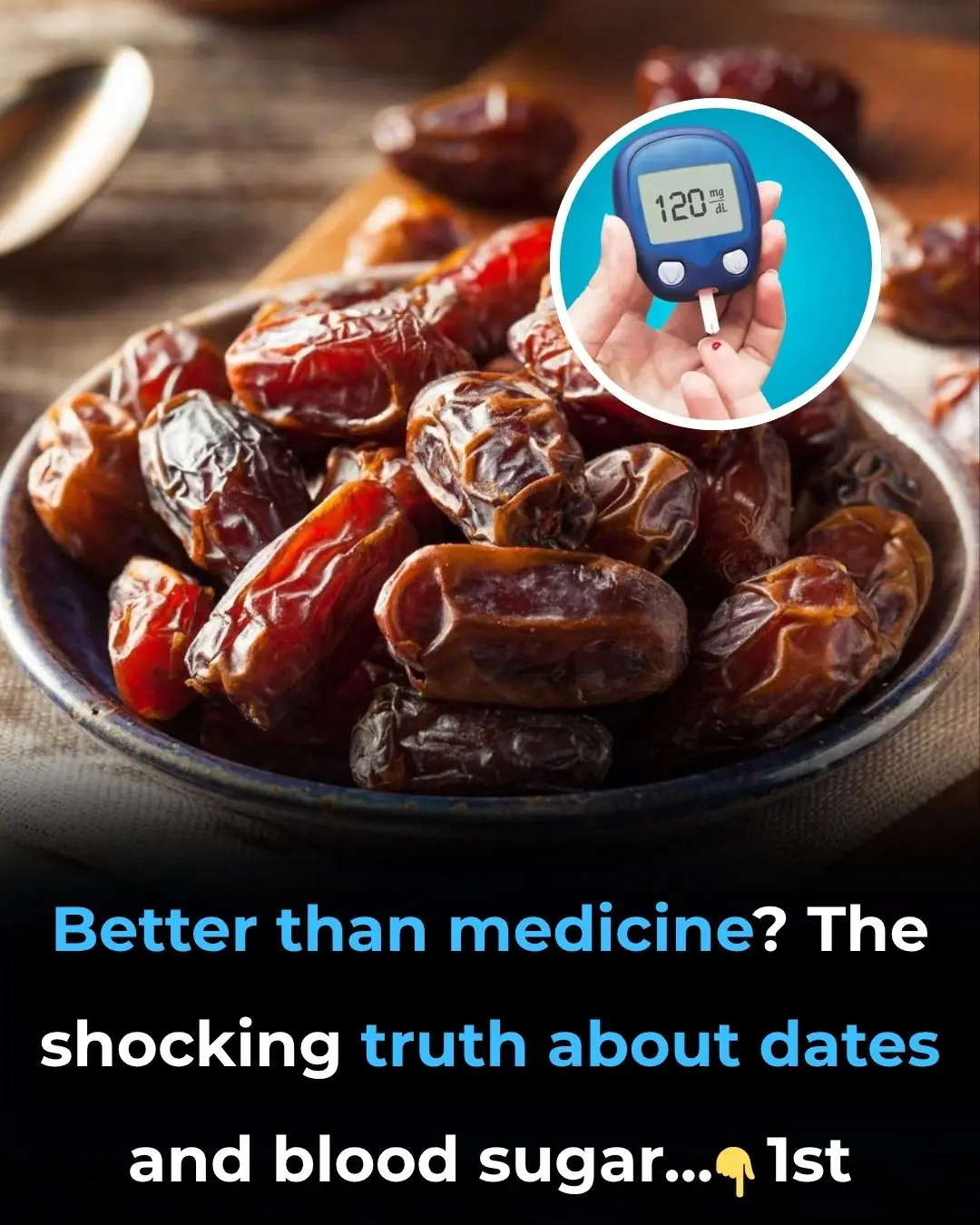
Better Than Medicine? The Shocking Truth About Dates & Blood Sugar!

4 Reasons Why Cardiac Arrests Happen in The Bathroom

4 Unusual Eye Symptoms That May Signal Cancer — Often Overlooked by Many
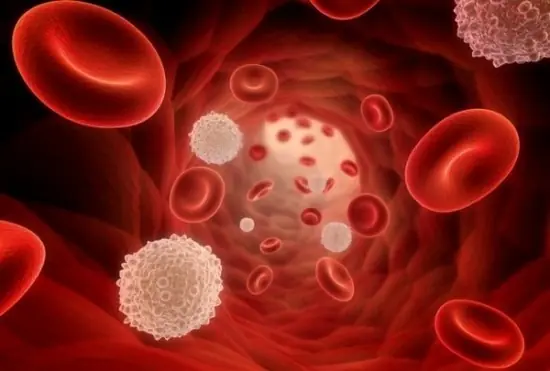
5 Things You Should Never Do in the Morning If You Want to Stay Healthy and Prevent Cancer

Restaurant Owner Di.es at 42 from Liver Failure: Doctor Says It Was Caused by Ignoring One Thing for Years

A 42-Year-Old Man D.ied of a Stroke Despite Not Sm.oking or Drin.king — The Doctor Was Furious and Said: How Dare You Eat This Every Day

This Old-Time Secret Flushes Out Toxins, Soothes Joints, and Improves Circulation
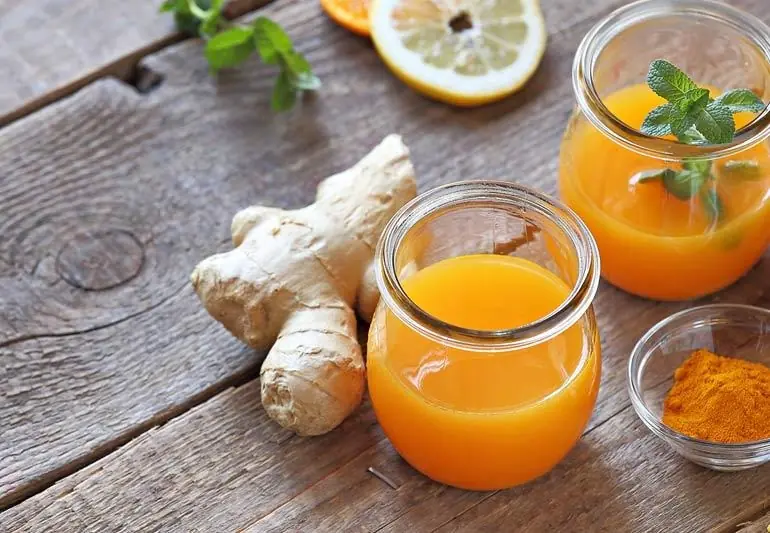
DIY Turmeric Shots That Fight Inflammation, Flush Parasites, and Leave Your Gut Feeling Brand New
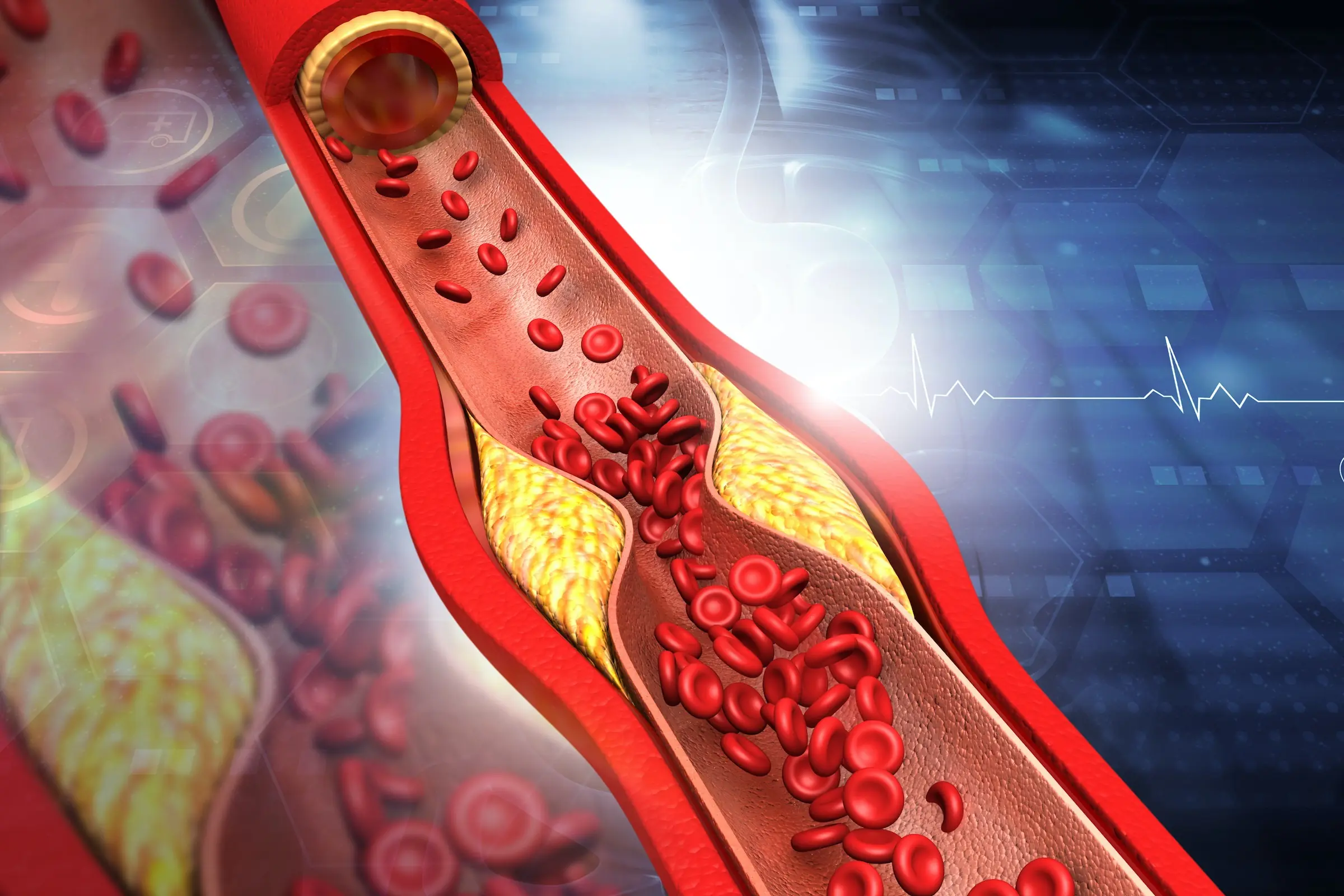
I Refused Cholesterol Meds and Tried This Instead — The Results Surprised Me
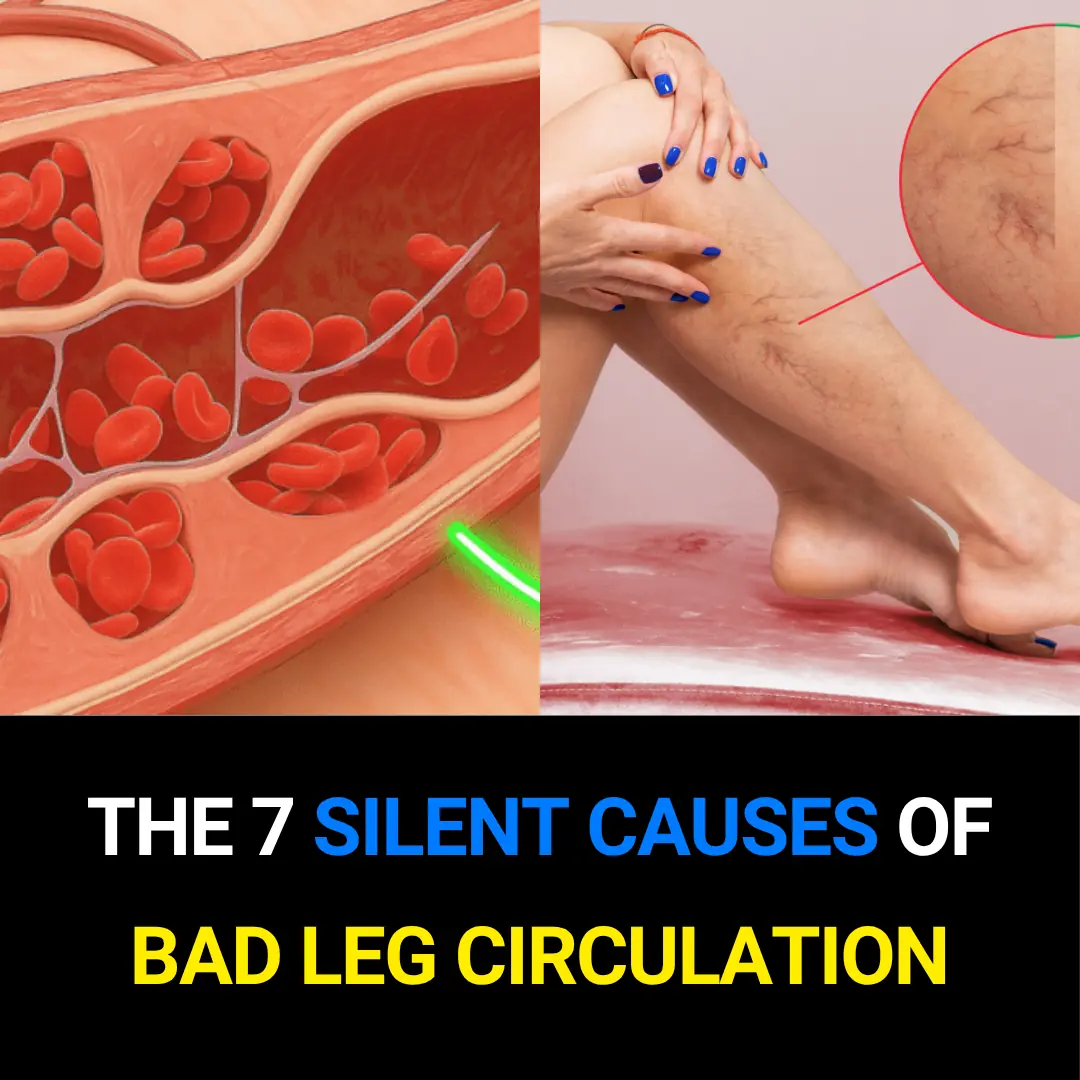
7 Medical Causes of Impaired Leg Circulation You Might Be Missing
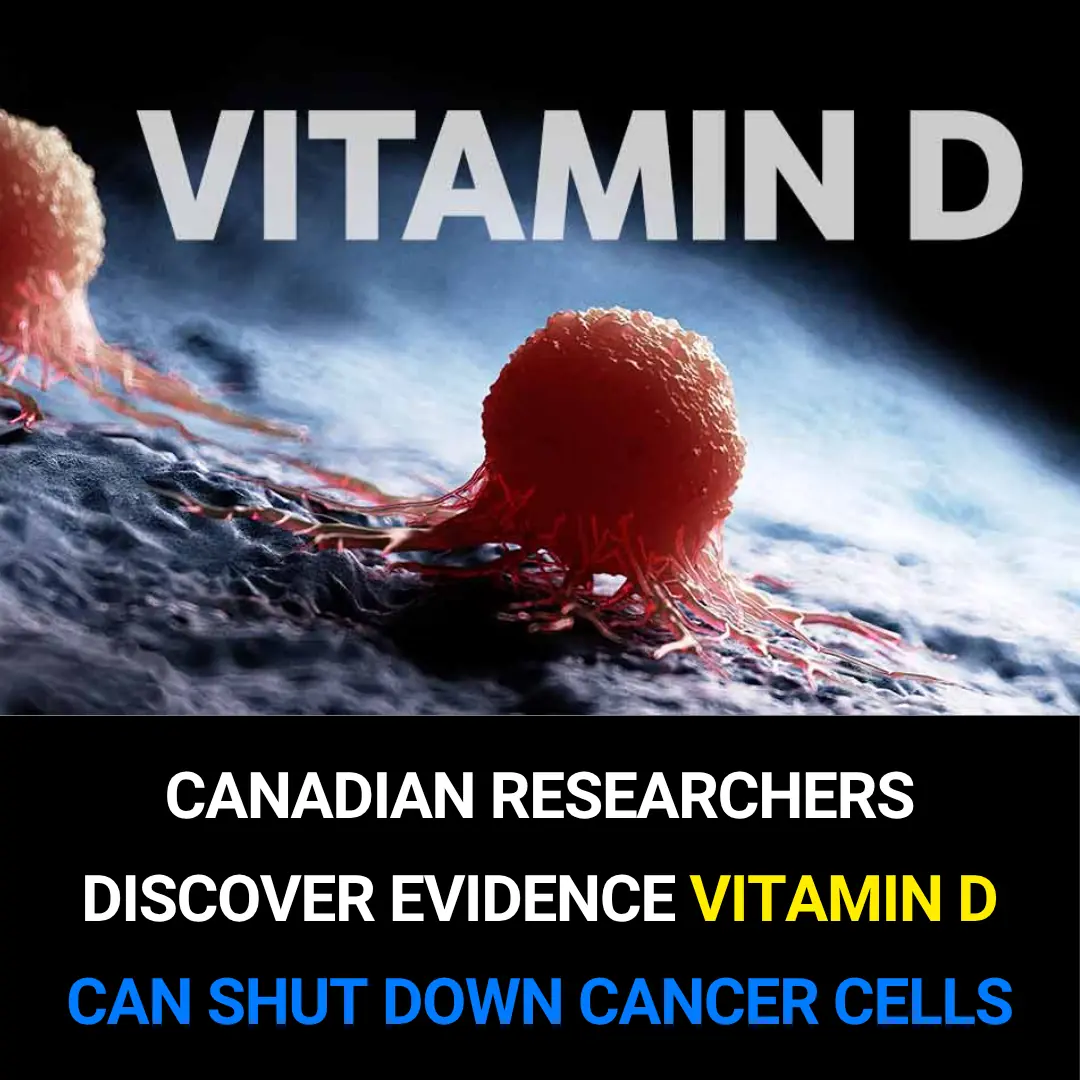
New Study Shows Vitamin D Suppresses Key Cancer-Driving Protein

Take Lemon and Garlic on an Empty Stomach for 7 Days — Unclog Your Arteries Naturally
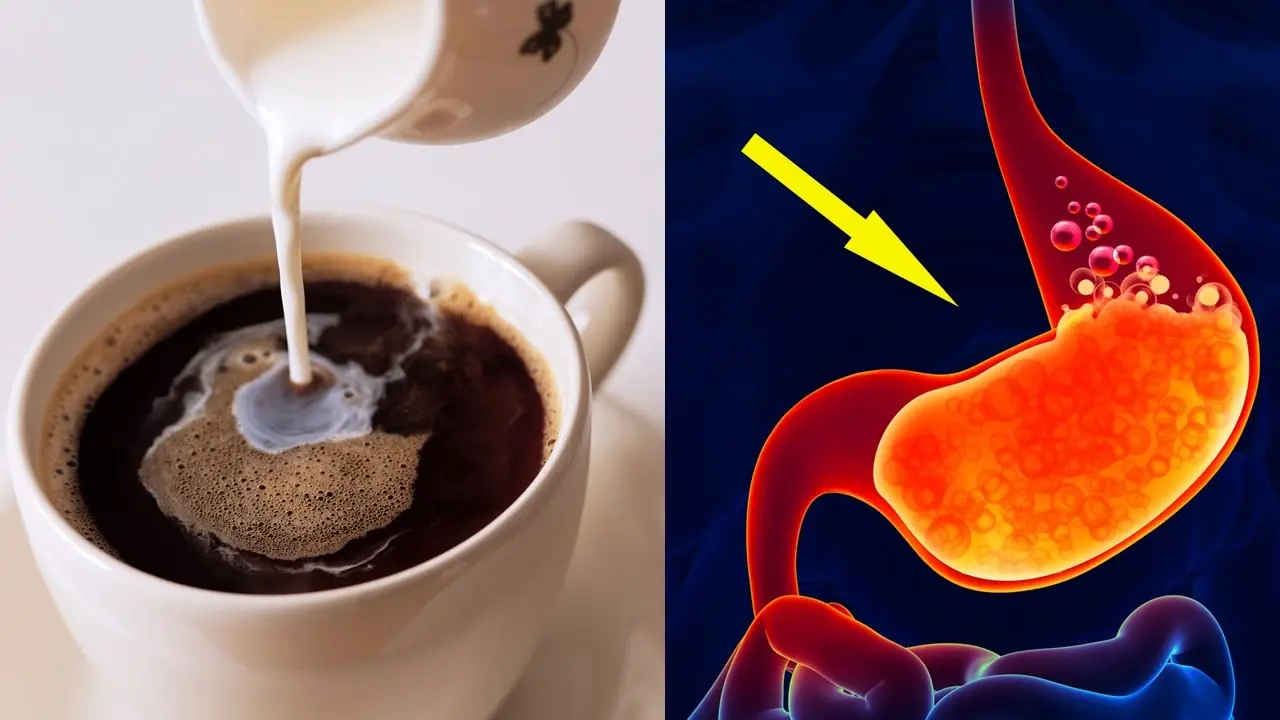
What Really Happens When You Drink Coffee on an Empty Stomach

DIY Egg & Vaseline Hair Mask for Extreme Shine and Smoothness 🥚🌟
News Post

The mop soaks this into the water.
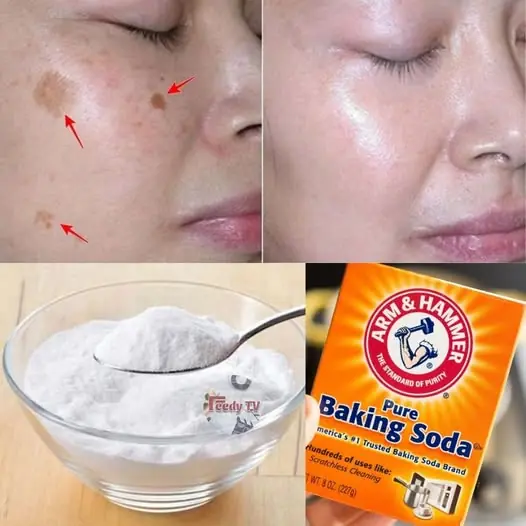
4 Ways To Erase Age Spots with Baking Soda for Youthful Even Skin

How to cook sticky rice without soaking the rice overnight
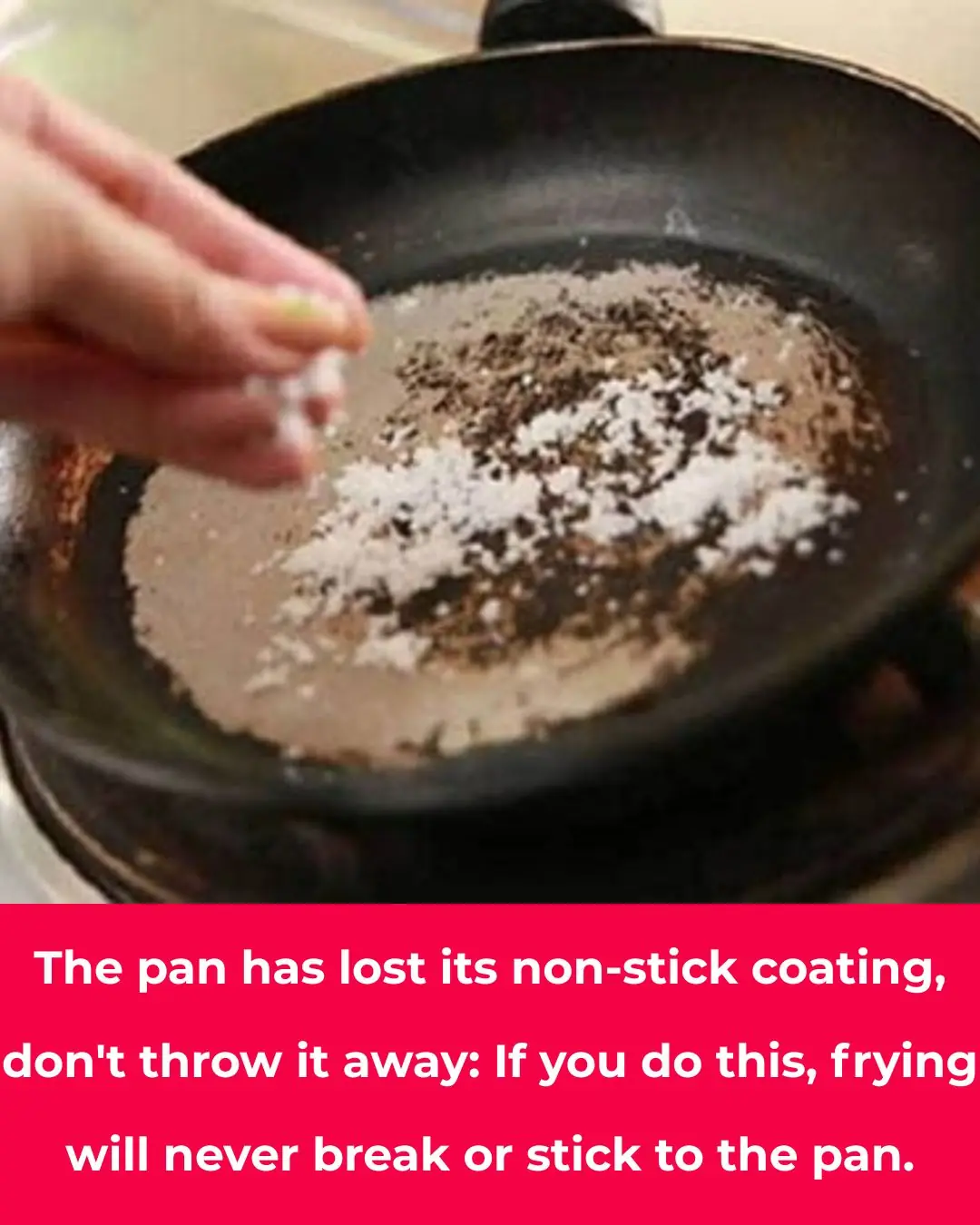
The pan has lost its non-stick coating, so don't throw it away

After receiving the ashes of a deceased person, you should know this...

🔧 What the Little Button on Your Seat Belt Really Does – A Tiny Feature With a Big Purpose 🚗✨

The one thing 98.7% of people do to lower blood pressure without medication

Boil green bananas this way

Why Flight Attendants Often Carry a Banana on Board: The Surprising Benefits

Turmeric dosage: this is how much turmeric you actually need to eat for arthritis, cancer and other diseases

Don’t Toss Your Lemon Peels! 8 Smart Ways to Save Money and Make Life Easier

Why Sleeping in Socks Might Be the Secret to Better Sleep

The 1-cup bedtime drink that stops you from waking up at 3 AM
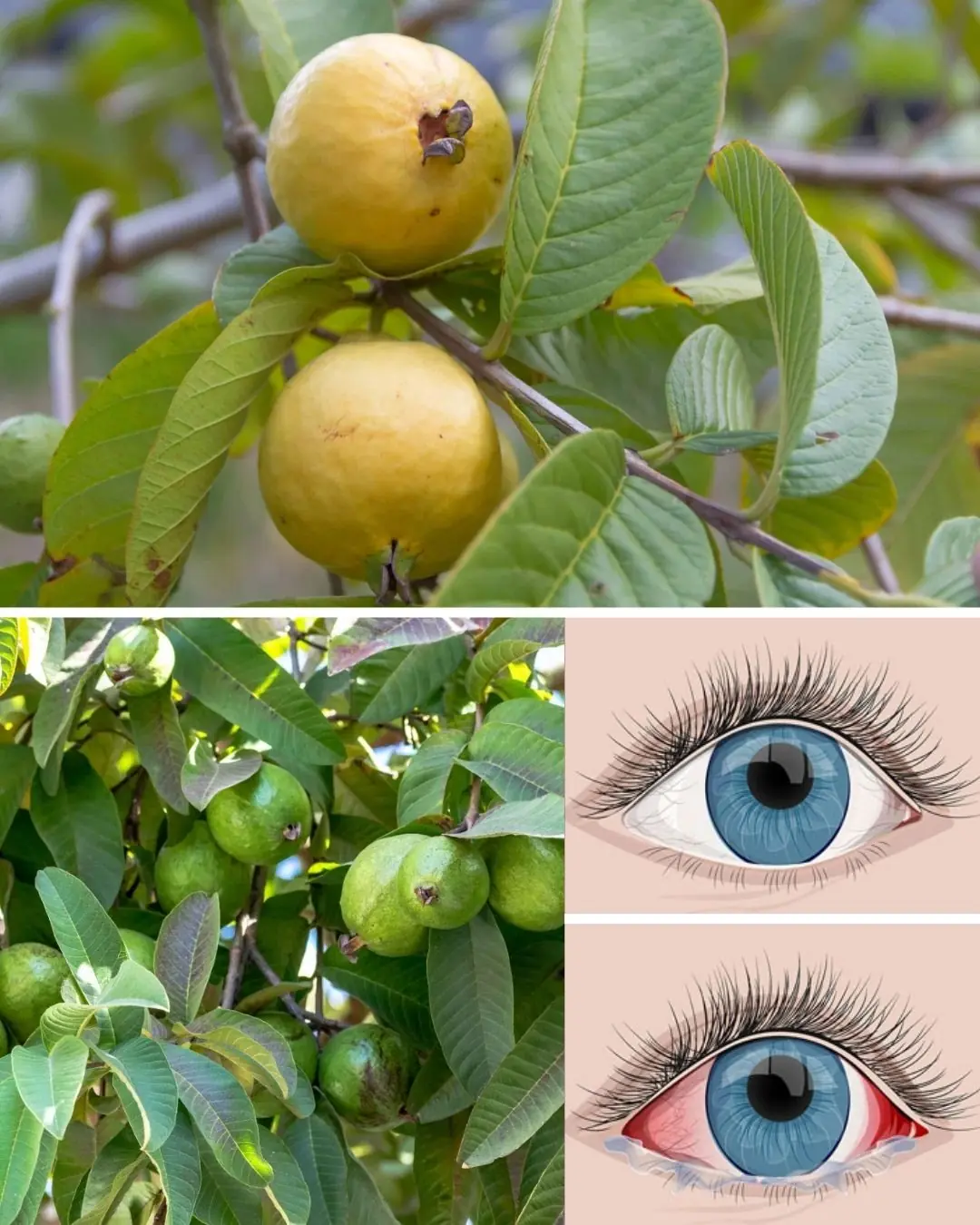
How to Use Guava to Care for Your Eyes: Natural Remedies That Surprise 🌿
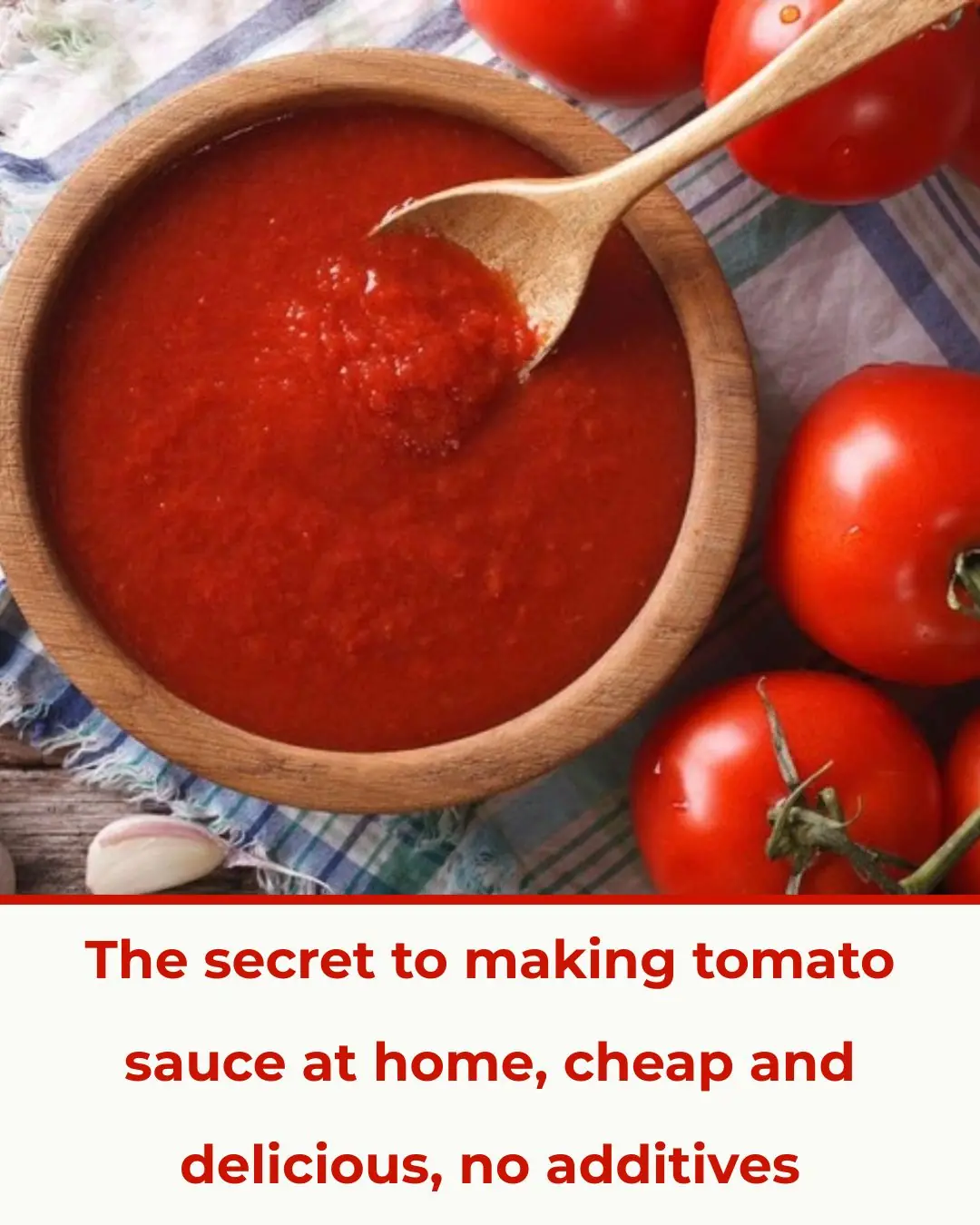
The secret to making your own tomato sauce at home

Can you eat moldy food? Here’s what you MUST throw out.

Cancer hates these 6 fruits—eat them to fight back!
